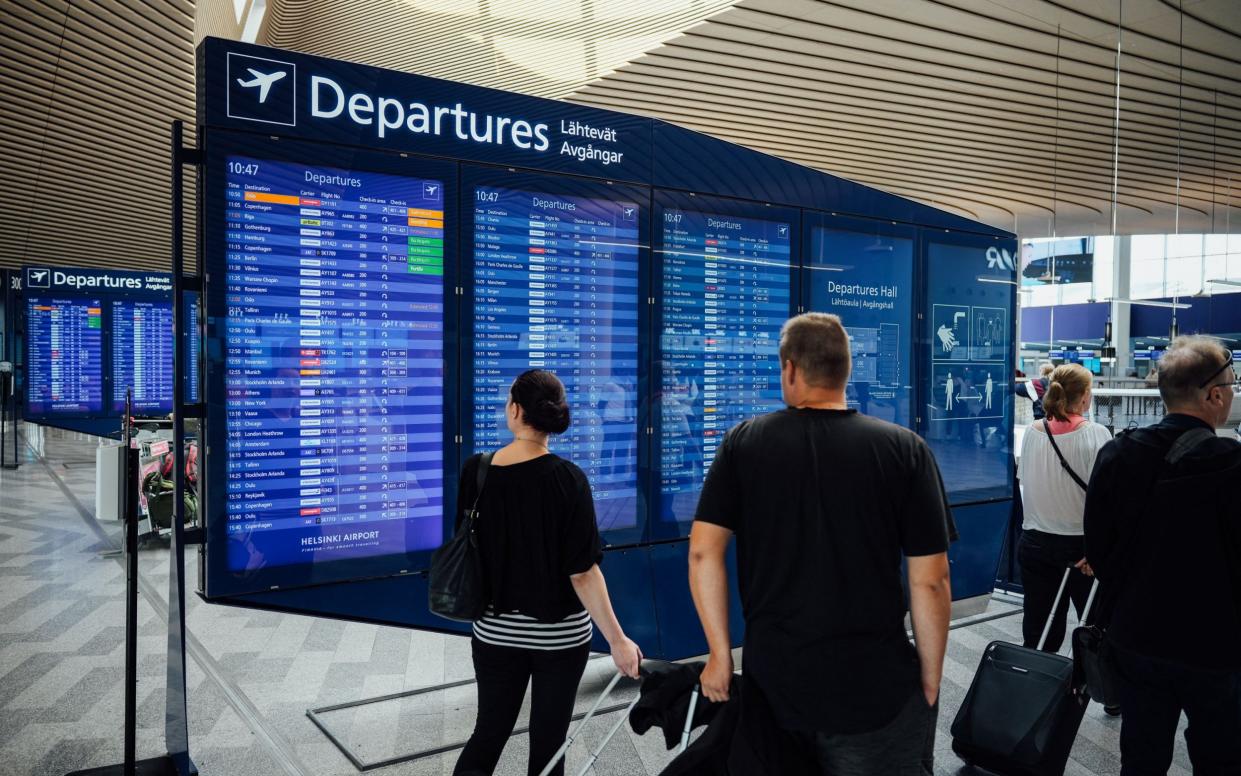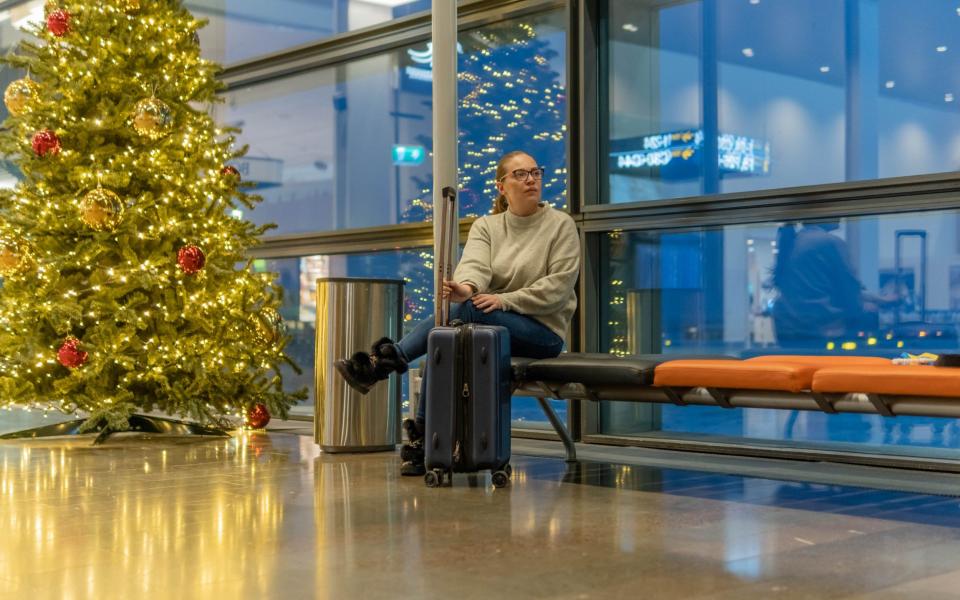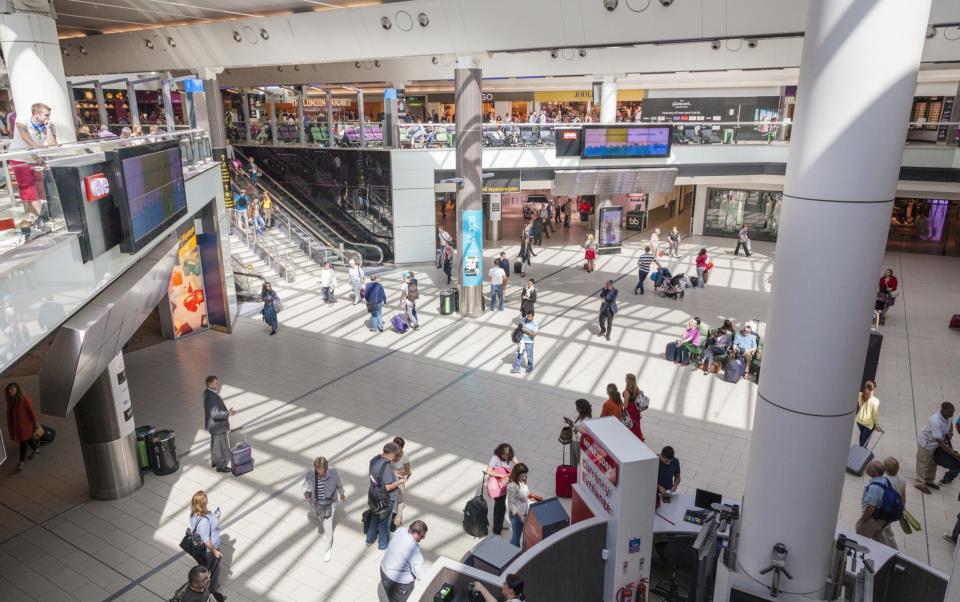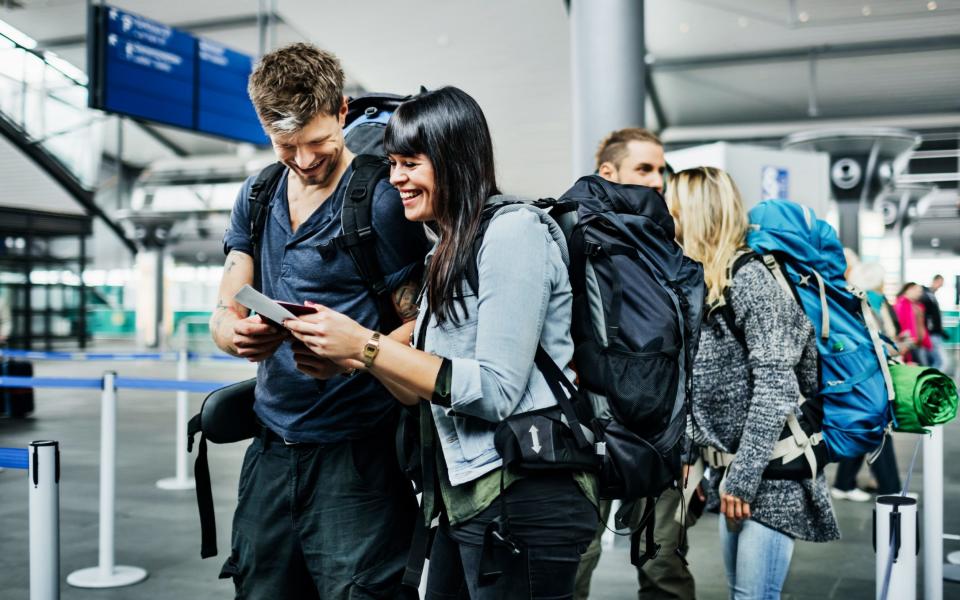Why your bargain airfare might end up spoiling your holiday

There’s one sure-fire way to start your holiday with a sinking feeling – getting to the departure gate to find that your flight is overbooked and you’ve been bumped. Though statistics from the Civil Aviation Authority (CAA) found that only 0.02 per cent of passengers flying in and out of the UK were denied boarding in 2015 (the most recent year it holds figures for), that’s still more than 30,000 people.
“Routes that serve as major transportation hubs are often more susceptible to overbooking,” said Scott Welsch, a lawyer who writes for the website EUflightcompensation.com. “Additionally, bumping occurs more frequently in the US than in the EU.” Travelling during peak periods like summer and Christmas also increases the chances.
Airlines sell more tickets than seats for a reason. Between five and ten per cent of passengers don’t make their flights and the practice allows carriers to maximise profits by selling extra spaces based on historical data, which in turn means they can keep ticket prices lower than they might otherwise be.

“While, like most airlines, we sometimes overbook a small proportion of flights, in the overwhelming majority of cases this does not result in denying boarding to a customer,” an easyJet spokesperson explained. “This is because we use algorithms which make informed decisions based on historical booking patterns where passengers do not show up for their flights.”
In addition to maximising revenue, full flights mean the environmental impact of each traveller is lessened. Not that this provides much consolation if you’re the one left in the departure lounge.
What if it happens to me?
If there are too many passengers, airlines should ask for volunteers at the check-in desk or gate in the first instance. They may offer cash or vouchers for future flights, as well as hotel stays. At this point, everything is up for negotiation. For people with a bit of flexibility such as self-employed interior designer Amy Jones, it can work out rather well.
“I got bumped off a flight coming back from Dubai and they gave us a free night at a five-star hotel, food vouchers and flight vouchers valid for one year,” she said. “I would take this option every day.”

Gilbert Ott of travel website God Save The Points agreed that the practice can sometimes work in your favour. “I’m one of the odd ones who doesn’t think bumping passengers is necessarily bad, given how well people can do from the bumps,” he said. “The EC 261 regulation in Europe provides incredible rights and reimbursement and in the US, the practice has led to people on $200 tickets getting $10,000 vouchers just to take a later flight – sometimes even on the same day.”
Who is most likely to be bumped?
If nobody volunteers, airline staff will choose who not to board. CAA guidance states that unaccompanied children and those with mobility issues should be given priority on an overbooked flight. First-class ticket holders, frequent fliers signed up to the airline’s loyalty programme, those with packages from the carrier, and customers who booked, checked-in and made it to the gate early are also less likely to be bumped.
“In the first instance, we always seek volunteers not to travel, in exchange for alternative travel options and denied boarding compensation, which can be up to £500,” confirmed an easyJet spokesperson. “In the rare cases where volunteers do not come forward, our ground staff are given guidance on which customers to try and avoid selecting not to travel. These include a number of groups such as those requiring special assistance and, where possible, easyJet holidays customers.”
Those who didn’t buy allocated seats, paid the least to travel or checked-in late stand more chance of being bumped. And, if you fail to check-in on time, you’re not eligible for compensation should the worst happen.

Luckily, for those denied boarding through no fault of their own, there’s clear legal guidance. Under UK and EU law, you’re entitled to between £110 and £520 in compensation – depending on a combination of the distance you’re travelling and the length of the delay – if you’re bumped from a flight:
departing the UK – with any airline
departing an EU country, Iceland, Norway or Switzerland – with any airline
arriving in the UK – with a UK or EU airline
arriving in the EU – with a UK airline
Make a claim by writing to the airline and including any relevant tickets, receipts and correspondence. You’ll also be offered a new flight or refund as well as food and drink, accommodation and transport where necessary. If you’re returning to the UK with a carrier from outside Europe such as American Airlines or Emirates, or taking a flight elsewhere in the world, contact the airline to find out exactly what you’re entitled to.
If you’ve made it into the cabin, you can probably breathe a sigh of relief. “It’s quite rare to be bumped once you’re on the plane,” said Michelle Couch-Friedman of Consumer Rescue. “Most involuntary bumpings happen before boarding.”
However, being offloaded at this point is particularly stressful and the situation can escalate quickly. In 2017, Dr David Dao was injured when he was forcibly removed from a United Airlines plane at Chicago O’Hare by security staff because the company needed to free up seats for employees travelling to start their shifts elsewhere. The incident was widely publicised and he later reached a settlement with the carrier.

Still, refusing to leave the plane isn’t really a viable option. In the UK, crew can ask for police assistance to offload a non-compliant passenger. “In the US, Federal Aviation Administration regulations say that if a passenger doesn’t comply with instructions of flight crew or interferes with the crew’s ability to conduct their duties, the passenger can face ‘criminal fines’ and, of course, they’ll also likely land on the airlines ‘no-fly’ list,” said Couch-Friedman.
If you are chosen to be involuntarily bumped, state your case calmly. “In most cases, refusing won’t prevent you from being bumped if the airline has already decided to do so. The only way to avoid this would be if another passenger volunteers,” says lawyer Scott Welsch. However, if you’re travelling with family or have complicated onward connections, you may be able to persuade the crew to try somebody else.
Can I avoid bumping altogether?
Some airlines, including Ryanair and Jet2.com, have policies not to overbook flights. If you’re concerned about your chances of being denied boarding, check the small print before booking.
In the future, Ott believes bumping will become an even rarer occurrence thanks to improved analytics and technology. “Airlines are always looking for new ways to make money and there’s been a favourable trade recently where passengers can get the flexibility to cancel many tickets by purchasing a reasonable ‘cancel any time’ type of ancillary at check out,” he said. “It’s simpler than traditional insurance and gives customers a better way out, as well as providing airlines with a better line of sight into whether someone won’t be flying.
“Airlines are robust data analysers. They can look into the number of no-shows in incredibly rich and informed detail via data. They’re already pretty good at overselling cabins based on these assumptions and AI and new data analytics will only enhance this.”


